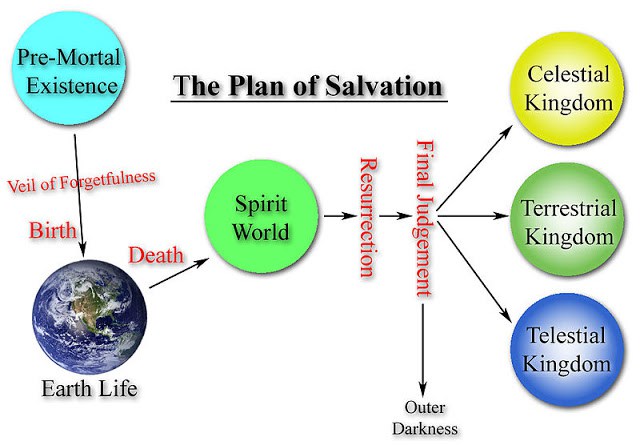Question
Gramps,
Where in the scriptures does it say “He knows my name?”
Darlene
Answer
Darlene,
The belief that God and Jesus Christ know our names is profound, but it is also a comforting doctrine in The Church of Jesus Christ of Latter-day Saints. This doctrine not only highlights the personal nature of our relationship with the divine but also reassures us of our individual worth in God’s eyes.
Personal Names in the Scriptures
The scriptures are full of references that affirm God’s intimate knowledge of His children. Mosiah 5:12, states:
I say unto you, I would that ye should remember to retain the name written always in your hearts, that ye are not found on the left hand of God, but that ye hear and know the voice by which ye shall be called, and also, the name by which he shall call you.
This powerful passage shows the significance of names in our relationship with God, indicating that He knows us personally and intimately.
Additionally, Doctrine and Covenants 18:23&25 declares,
Behold, Jesus Christ is the name which is given of the Father, and there is none other name given whereby man can be saved;… wherefore, if they know not the name by which they are called, they cannot have place in the kingdom of my Father.
This scripture reinforces that our names and identities hold great significance in our standing before God, signifying that He recognizes each of us by name.
The Role of Jesus Christ
The many names and titles of Jesus Christ further illustrate His understanding of us as individuals. An insightful resource, “Names of Jesus A-Z” from Third Hour discusses various names and titles of Christ, signifying His roles and nature. Each name reflects His profound love and knowledge of humanity, emphasizing that He knows us personally, as He is the Savior who saves by name.
In John 10:3, we read, “To him the porter openeth; and the sheep hear his voice: and he calleth his own sheep by name, and leadeth them out.” This metaphor illustrates Christ’s deep relationship with His followers, indicating that He calls us by our names, reflecting His awareness of our individual identities.
Teachings from Church Leaders
Church leaders have consistently emphasized the personal nature of God’s knowledge. Sister Sydney S. Reynolds, in her talk “He Knows Us; He Loves Us,” stated, “The Lord not only knows who we are, He knows where we are, and He leads us to do good… He knows my name and your name.” This intimate understanding of each individual emphasizes that God is not distant; He is actively involved in our lives.
Elder Robert D. Hales, in his talk during the April 2008 General Conference, affirmed, “God the Father and Jesus Christ are distinct, separate, immortal beings. They know us as individuals, and they hear and answer our sincere prayers.” Such statements reassure members of the Church that both God and Jesus Christ are fully aware of our identities and needs, providing comfort in times of trial.
The Power of Prayer
The act of prayer further signifies our connection with the divine and reinforces that God knows our names. In 3 Nephi 18:19, it states, “Therefore ye must always pray unto the Father in my name.” This establishes a pattern of prayer that emphasizes our relationship with the Father through Jesus Christ, emphasizing the importance of knowing both their names and the connection we have with them.
Moreover, John 14:13-14 illustrates that when we pray in the name of Jesus, we acknowledge His role as our mediator and recognize His divine authority. This emphasizes that He is aware of our needs and our individual circumstances.
Understanding Our Names in the Pre-Earth Life
The belief that God knew each of us by name even before we came to earth is a significant aspect of Latter-day Saint doctrine. It is taught that we each have a spiritual name, reflecting our divine heritage. This understanding is supported by teachings that discuss our pre-mortal existence, indicating that God has a personal connection with each of His children from the very beginning.
For example, 1 Nephi 1:1 recounts Nephi’s awareness of God’s favor: “I, Nephi, having been born of goodly parents, therefore I was taught somewhat in all the learning of my father; and having seen many afflictions in the course of my days, nevertheless, having been highly favored of the Lord.” This personal favor implies an intimate awareness of Nephi’s identity and circumstances, reinforcing the belief that God knows us individually.
Gramps







